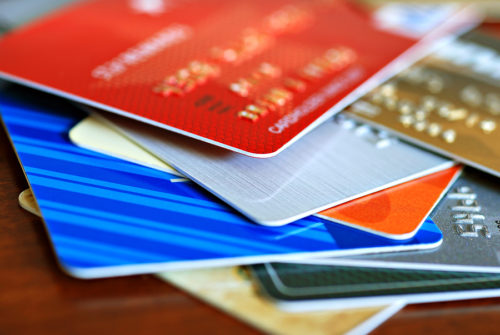
The NFCC often receives readers questions asking us what they should do in their money situation. We pick some to share that others could be asking themselves and hope to help many in sharing these answers. If you have a question, Ask an Expert.
This week’s question: When consolidating debt, do you require that cards be closed? Also, do you include items in collections when consolidating debt?
The short answer: You are typically not required to close your accounts if you get a new loan to consolidate your debts.
Traditional debt consolidation involves getting a new loan with a lower interest rate to pay off your debts, like credit cards and collections. If you use a consolidation loan to pay off your credit cards, you don’t have to close them, and you can certainly use those funds to pay your collections. Lenders issue consolidation loans and they are usually in the form of secured or unsecured loans. Secured loans use your assets, like a car or your home, to guarantee the loan and unsecured loans rely on your creditworthiness and good faith that you will pay it back.
Debt consolidation is not the right strategy for everybody. If you don’t have stellar credit or the collateral required, you probably won’t qualify for a loan with a low enough interest rate and fair repayment conditions. You may land yourself in more debt than you hoped for. If it’s the right loan and you can afford it, you will have the benefit of making one monthly payment and the opportunity to repay your debt faster while saving on the interest rate.
Nonprofit Debt Management Plans (DMPs) offer the opportunity to consolidate your payment to one monthly payment without a new loan.
At the National Foundation for Credit Counseling (NFCC), we can connect you to a financial counselor from an affiliated non-profit agency to help you manage your debts. Your counselor will review your overall financial situation and recommend a personalized debt repayment strategy, like suggesting a self-repayment strategy or a DMP. Through a DMP, you make one monthly payment and have benefits such as waived fees and reduced payments and interest rates. You will pay your debt in full, but in most cases you will have to close your credit cards. In addition, creditors have agreed to this repayment plan as well, and not all collectors may agree to participate in a program like this.
The road to debt repayment is different for each of us. It depends on your particular situation, your discipline, financial responsibilities, and income. If you are unsure what strategy to use, talk to a financial counselor for guidance. Debt consolidation has pros and cons; you just have to determine if it’s the right move for you now. You don’t have to make the decision alone, a counselor can help. Good luck!